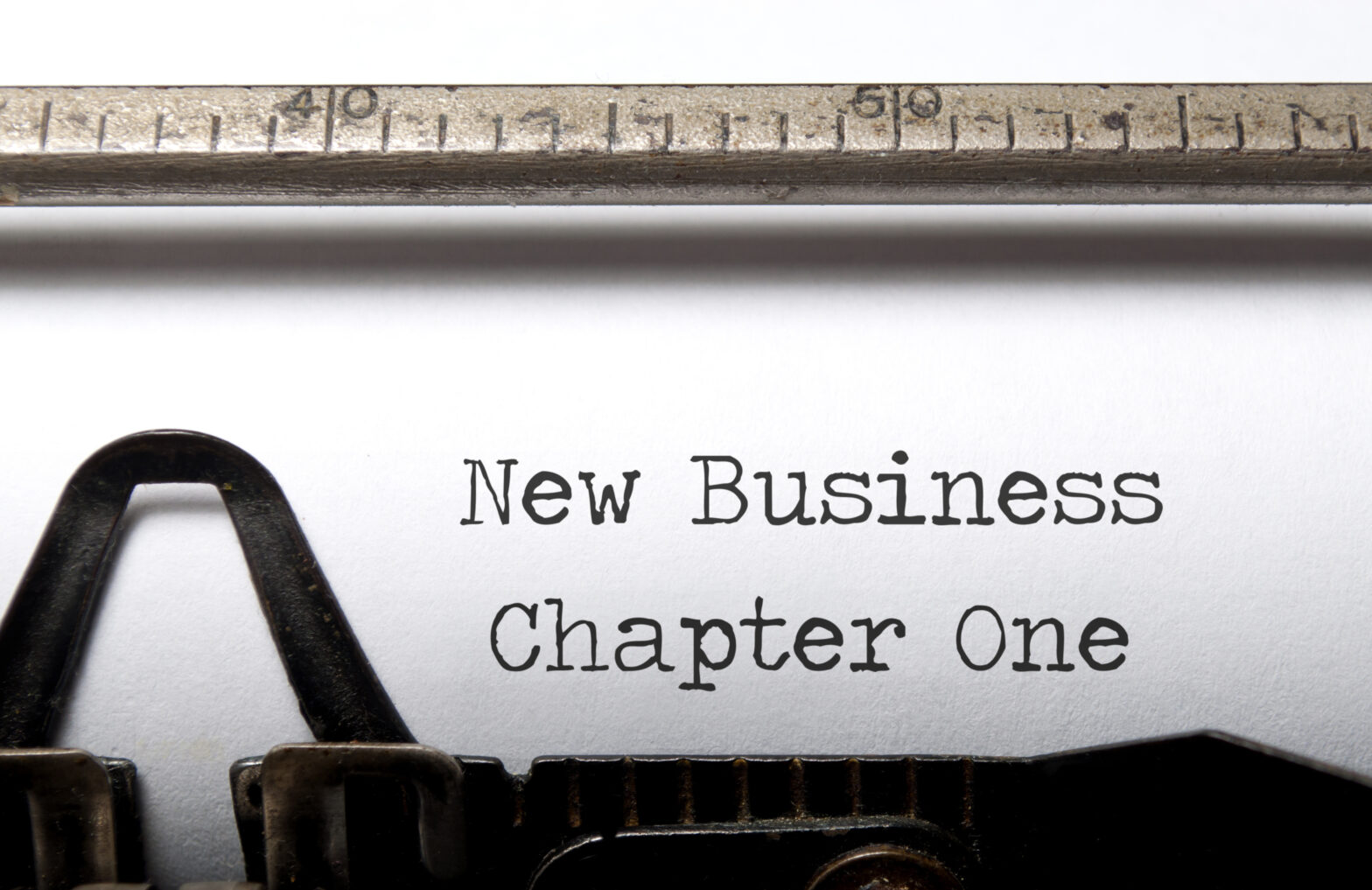Starting a new business is tough. Having gone through the process myself a number of times in different continents, I can testify to this. Not only are there long hours ahead and tough decisions to be made, it will likely come at a considerable financial cost. We conducted research which found businesses spent an average of £22,756 in the first year to cover essential business administration costs, including accountancy, company formation, HR and legal services. However what businesses planned to spend was closer to the £20,000 mark. Business owners were pretty close but a difference of a couple of thousand pounds can make or break it in the first year.
Even more worryingly, most businesses are unaware that costs simply needn’t be anything like that high. How can you reduce these costs and make sure they are accounted for? Here are our top tips on how to make sure your business stays on track in the first year.
Know your budgets
This should be obvious, but it’s amazing how many get it wrong. We polled entrepreneurs planning on starting a business to see if their expectations matched up to reality. And what we found was entrepreneurs on average underestimated the costs of starting a business by £2,525. For a small business, at a time in our country’s economy when conserving cash reserves is critical, this is a considerable amount which could hit a small business hard.
The first thing every entrepreneur should do is educate themselves about the costs that go into running a business. A good budget helps, but there are many hidden costs of starting a new business and running it that can quickly run you into the red. Fix the problems they created in the first place. Make sure you read up on what needs to be done and think about all the possible eventualities over the first year. This will help you put an accurate budget in place.
Have a contingency plan for unexpected costs
While it’s crucial to have a plan when starting a new business, sometimes even the best plans go astray, so it’s vital to make sure that you have planned for that too. Putting some funds aside for a rainy day will mean that you should be able to cope with any additional expenses which may be hard to predict from the outset, limiting the wider effect it has on the business. Our research found that nearly two thirds of small business owners get hit with unexpected costs.
These unexpected costs hit businesses in a variety of ways, including profit losses, being forced to readjust growth targets and having to let staff go – all factors that increase the likelihood of business failure. Avoid a negative knock-on effect by having a financial buffer in place. This way you will be quicker to recover and will be able to stick to your pre-defined business plan without too much disturbance.
Be smart when cutting corners
With business administration costs already running high, there’s a temptation for business owners to take a ‘Do it Yourself’ approach to certain jobs such as legal, HR and accountancy-related tasks. There are big two issues with this; firstly the time it takes up inevitably pulls focus away from developing and growing the business, and secondly, that businesses risk non-compliance or other expensive mistakes. Plus no one ever started a business because they wanted to spend all their time on administration.
Making sure these tasks get done is vital; however there are also ways to make sure they are done to a professional standard but at a fraction of the costs. Business owners should consider alternatives to relying on full-time staff or freelance resources for these tasks. Do your research and take advantage of online business solutions which can provide the expert tools and support at lower costs.
The government estimates that half of new businesses fail in the first five years.
Fight the odds
To make sure your business is on the right side of this fence, make sure you prepare properly for the ride so you can avoid any nasty surprises which become a roadblock for building the business.
Eduardo Martinez is the co-founder of Geniac.





